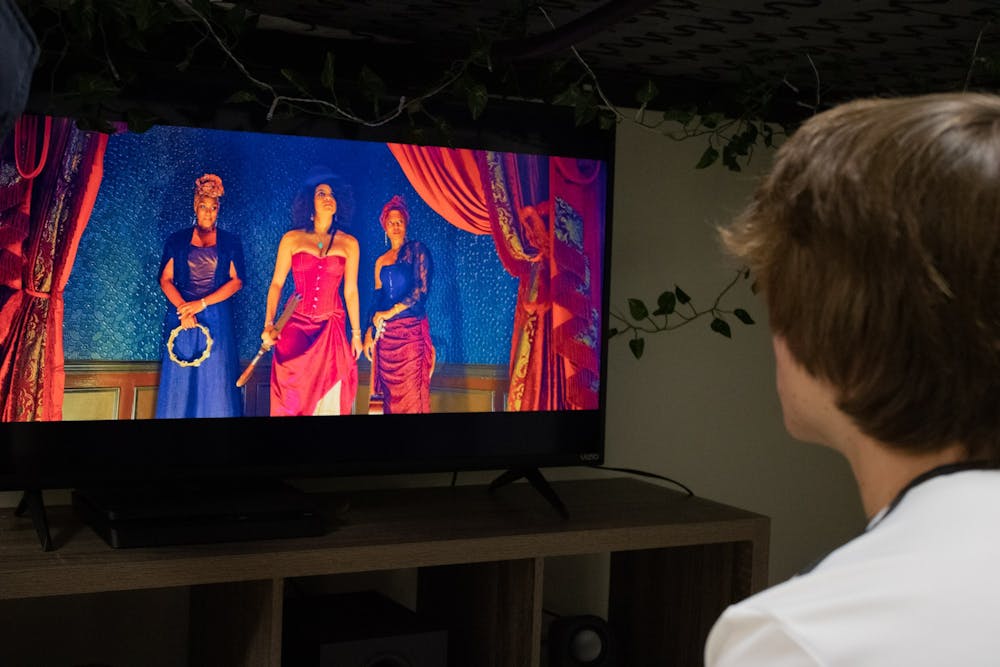Last week, Netflix released the film, "The Harder They Fall" on its streaming platform. Directed by Jeymes Samuel, it is a fictional Western that portrays historical Black figures typically left out of the genre. While the movie highlights the history of Black cowboys in this country, it succumbs to Hollywood’s major problem in casting: colorism.
The movie’s main ensemble is made of all-Black actors, the majority of which are household names in their own right. Idris Elba, Regina King, Zazie Beetz, Lakeith Stanfield, Jonathan Major and Delroy Lindo all play major roles, and each corresponds to a real person historically known or associated with the Wild West.
These historical figures include Nat Love (Jonathan Majors), Rufus Buck (Idris Elba), Stagecoach Mary (Zazie Beetz), Treacherous Trudy (Regina King), Cathay “Cuffee” Williams (Danielle Deadwyler), Cherokee Bill (Lakeith Stanfield), Bass Reeves (Delroy Lindo), Bill Pickett (Edi Gathegi) and Jim Beckworth (RJ Cyler).
While these figures existed in different places and at different times, they are strung together through this story. The historical whiteness of Westerns makes their inclusion so much more significant.
Samuel, who also co-wrote the screenplay, has resisted the movie being written off as a “Black Western,” insisting that he created a world where these characters live. But their absence from Westerns more broadly demonstrates how white the genre is and how Black people have been systemically forgotten from this history.
Rather than taking an autobiographical perspective that is historically accurate and neat, the movie creates a narrative that honors these individuals and allows them and their stories to be remembered.
While this aspect of the film constitutes its strength, in addition to the superb acting and brilliant soundtrack, a weakness is the casting of Stagecoach Mary — which aligns with a larger pattern of colorism in casting.
Stagecoach Mary, born Mary Fields in 1832, was an enslaved woman from Hickman Country, Tennessee. After the Civil War, Fields ended up in Ohio working as a groundskeeper at a convent.
Her habit of wearing men's clothes, smoking, drinking and shooting guns got her kicked out of that very convent. Her claim to fame came in 1895 due to her job as a route carrier that carried mail using a stagecoach, protecting it from thieves and delivering it. She was the first African American woman to serve in this position.



